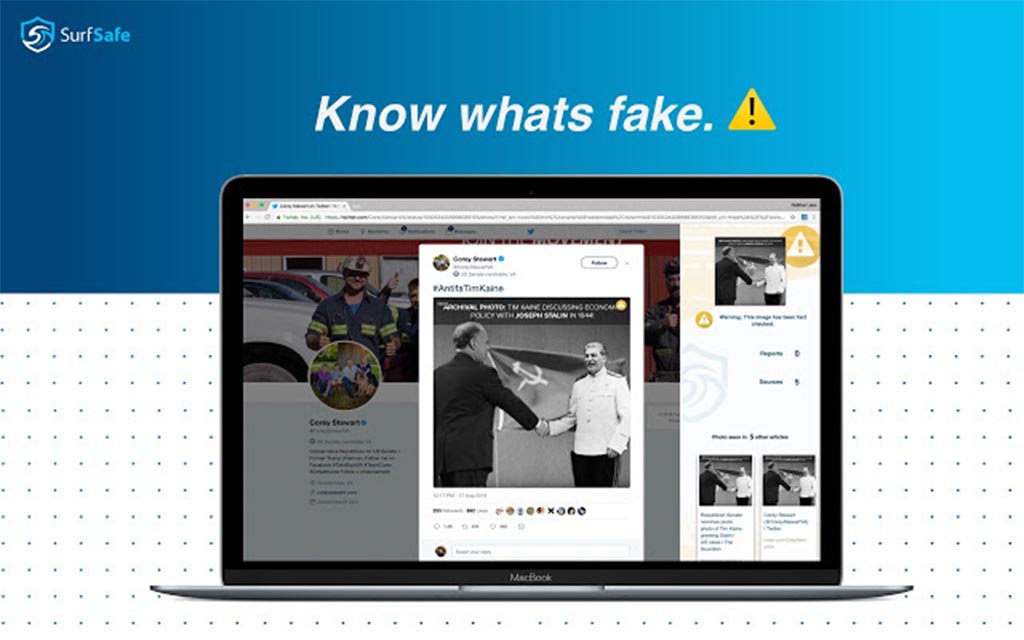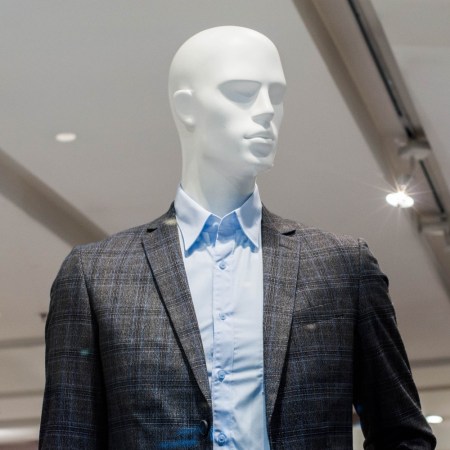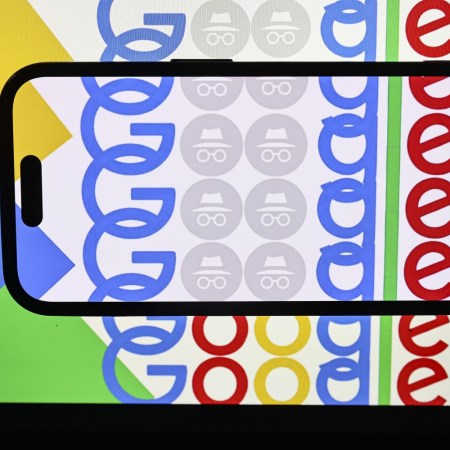With more and more information — we hesitate to call it news — shared via images and memes online, feeble efforts by Facebook and Twitter to police authenticity are already becoming obsolete. It can be tricky to identify a fabricated image, and even if you do, there’s still the quesiton of whether the image is a harmless joke or malicous misinformation.
Which is why a new plug-in developed by a pair of UC Berkeley undergrades SurfSafe, could be exactly what the, ahem, doctor ordered.
The plugin, which launched August 20th, allows users to hover over any image on their browser (it’s available for Chrome, Firefox and Opera so far) and then automatically scans more than 100 trusted news and fact-checking sites for verification of the photo. “We want SurfSafe to become a solution that’s analogous to antivirus software … to scan your news feed for fake news as you browse,” one of the creators told WIRED.
Take a recent viral tweet that seemed to prove Delta was charging Hawaiian residents fleeing Hurricane Lane more than $10,000 per one-way flight. With SurfSafe, a user would immediately be redirected to a news article like this one reporting that Delta stated they “had not changed the ticket prices and that they had not sold any tickets for anything close to that flight.”
SurfSafe makes it easy to rely on your own sourcing while social sites work out the many kinks in their own fake-news filters, while allowing users to select exactly which sites they want the plugin to rely on for corroboration. In other words, it’s as close to a neutral, impartial fake-news detector as we’ve seen.
And adding it to your browser takes about 30 seconds. Do the right thing.
This article was featured in the InsideHook newsletter. Sign up now.
























